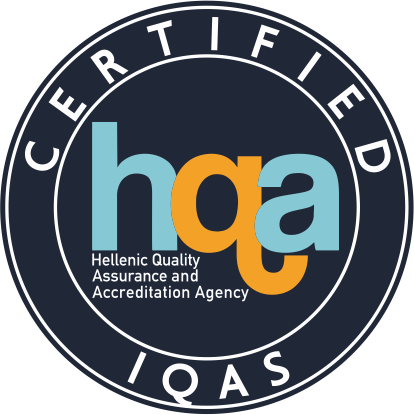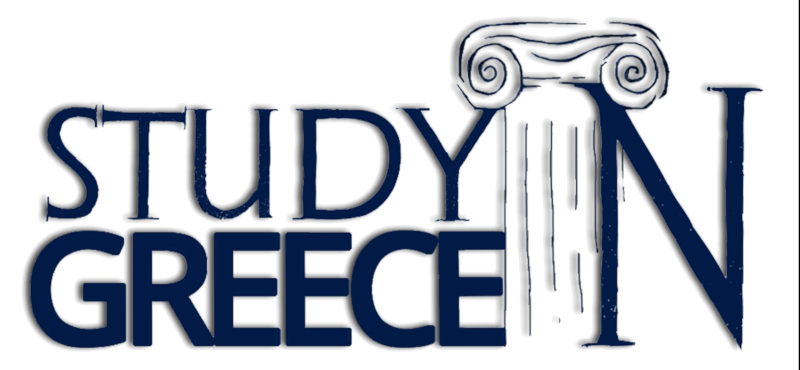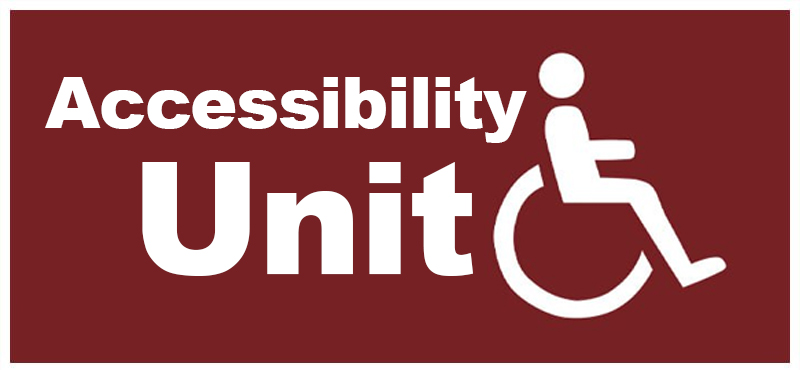Goal 16: Peace, Justice and Strong Institutions

- Compendium - Internal Regulations
The Draft Compendium (2019) and Internal Regulations (2002) of AUEB refer to articles related to justice and the strong institutions in the operation of the University. More specifically, the following are mentioned:
- Mission: The Athens University of Economics and Business is a public sector university and its mission is to produce and disseminate knowledge in areas that serve the national and international economy and society, as well as to shape responsible citizens capable of creating, offering , to participate and lead in the wider international environment.
- Principles and Values: a) Commitment to the advancement of science and the transmission of knowledge, b) Education and higher education as levers of moral, social and economic progress, c) The safeguarding of democratic institutions and the rights of the citizen. Discrimination based on race, gender, ideology, religion, social status, appearance or sexual preference is not permitted. In addition, the University provides for people with disabilities, both in relation to physical access to the premises of the Institution and in relation to the educational process, d) Academic freedom in research and teaching, as well as free expression and movement ideas within the framework defined by the Constitution and the laws of the State, e) Merit, f) Respect for the University entity and g) Academic ethics and social contribution.
- Legal Service: It is responsible for the legal service of the Institution in all its cases, judicial or extrajudicial, and the legal support of its Authorities and Services with written and oral opinions.
- Department of Internal Audit: The area of responsibility of the Department is the control of the observance of the legality of the financial and administrative management of the University.
- Office of the "Student Advocate": The purpose of the office is the mediation between students and teachers or administrative services of the Foundation, the observance of legality in the context of academic freedom, the treatment of maladministration and the maintenance of the proper functioning of the Office.
- Complaints and Dispute Resolution Committee: The Committee is responsible for resolving disputes between members of the university community at the request of any interested party or the Rector. In addition, the Rector may consult the Commission on matters relating to disciplinary offenses.
- Rights and Obligations of the members of the Teaching Research Staff: This chapter includes the articles related to: a) the swearing in of the faculty members, b) the rights and obligations of the faculty members, c) the training of the faculty members, d) the evaluation of the teaching project and e) the annual activity report of each faculty member.
- Rights and Obligations of other categories of Staff: For the categories of staff (Scientific Associates, EEDIP, EIB, Administrative Staff) of AUEB, reference is made to their rights and obligations, as well as to their education and training.
- Disciplinary Provisions: a) Faculty Members, b) Other Teaching Staff and EIB members, c) Administrative Staff and d) Students.
- Rights and Obligations of Students: This chapter refers to student status, health care, monitoring the educational process, textbooks / aids, use of University facilities and equipment, scholarships, representation in University Organizations, in transfers, in the cessation of social benefits, etc. (It also falls under Objective 4).
2. Use of “Turnitin” plagiarism software: AUEB has an unlimited license to use the “Turnitin” plagiarism software, which enables the teachers to verify the authenticity and originality of their students' work.





